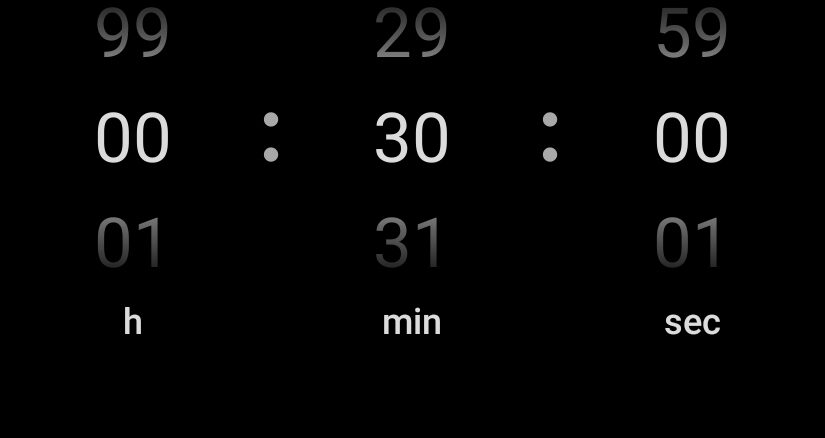by Nathan Chua
It took quite a while, but after listening to a podcast interview between Steven Hayes and a couple of divorced individuals, I realized that there is a significant part of the population that I might have missed writing about in a while. I mean we even have local laws that give this segment of our population the same perks as the elderly and differently-abled. Like them, I have also had my share of failed relationships to say the least! How could I?
One of the main problems that people in this segment find themselves in is the walls that they can build around them. Borrowing from an illustration that Dr. Hayes used to describe what these walls signify in our language, it is like asking these clients who have chosen this path after a painful end to a relationship to fill in the blank in this statement, “I will never be that _________ again.” The words that came out of your head tell you what these walls were meant to protect. In the interview Dr. Hayes and the interviewers came up with the following: trusting, innocent, and vulnerable.
Now don’t get me wrong though, there is a place to be mindful of red flags in a potential relationship. But for many who become closed off to relationships and the risks of having one again, they usually end up lonely. They substitute the pain of presence with the pain of absence.
Here’s my version of a little metaphor that Dr. Darin Cairns used in one of his demonstration counseling sessions. If you were playing a therapist to a client named Joe, who decided after being dumped by the love of his life, to remain closed off from any future dates with other women, ask yourself a few questions about him. Do you think that Joe would become safer and less vulnerable to getting hurt? Of course. In the long term though, if he remains unwilling to go out and date someone, do you think he’d be happier? Would he be more or less lonely using this way of coping in the long run? You’d probably say no to both.
Recovering from a lost relationship takes a bit of a balance. You and I still have that part of us that’s willing to go out there and try something different. It is something we share with other animals. We learn by trial and error. We have a bonus though, we also have minds that can direct us to what really matters to us in the long run. If we learn to open up to the pain of our past, we also learn that we care about relationships, or what it is that’s important to us. If you sense the same negative feelings you have had with that abusive partner, then it’s probably time to say no to another one. The problem happens when you and I close off to those painful memories of the past, then we are liable to become victims of the same problems in the future because we don’t learn from them. We just run away from them.
We might also cling on to the belief that somehow our relationship will change the person in front of us. Our problem-solving minds really try to do us the service of staying away from unpleasant thoughts and feelings and clinging on to the pleasant ones, so much so that we are left unaware of the possibility that we are falling into the same traps in the past. Yes, it may feel good to see how you changed the individual in front of you, but do wait for a while and see if it lasts. As Dr. Russ Harris mentioned in one of his training modules, there is a difference between blind and mindful trust.
To summarize, if there was a rule that I can recommend you do in your future as a single individual looking for companionship or deciding to choose a life as a single, then it is this. Be mindful. Be mindful of what you see in front of you, be mindful of your thoughts and feelings, and be mindful of your dreams and aspirations. Maybe then you’d come to see that whether you remain single or find that relationship that you’ve been looking for, you still have a full life in front of you that’s vital and challenging at the same time.
You can regain that vulnerability and innocence all over again, but also be wiser and more mindful at the same time.










